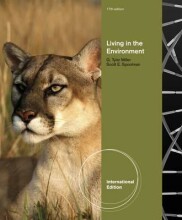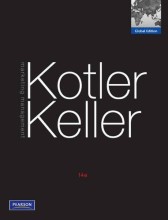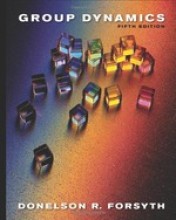Summary: Living In The Environment | 9780538735353 | G Tyler Miller, et al
- This + 400k other summaries
- A unique study and practice tool
- Never study anything twice again
- Get the grades you hope for
- 100% sure, 100% understanding
Read the summary and the most important questions on Living in the environment | 9780538735353 | G. Tyler Miller, Jr., Scott E. Spoolman.
-
1 Environmental problems, their causes, and sustainability
This is a preview. There are 8 more flashcards available for chapter 1
Show more cards here -
Of which parts does natural capital consist?
- natural resources (materials and energy in nature that are essential or useful for humans; air, water, soil, life (biodiversity), coal)
- natural services (processes which support life and human economies, purification of air, water, renewal of topsoil) -
what is the definition of the ecological foodprint?
the amount of biologically productive land and water needed to provide the people in a particular country or area with an indefinite supply of renewable resources and to absorb and recycle the wastes and pollution produced by that resource use. -
of which factors does the IPAT model consists and what does it measure?
Impact = population x Affluence (consumption) x technology (positive and bad effects)
impact = how much a population is degrading the natural capital it depends upon. -
What is the ecological tipping point?
The point after which the behavior of the natural system is changed irreversibly. -
What are the three major cultural changes that occured in human history?
1. agricultural revolution (how to grow and breed plants and animals)
2. industrial-medical revolution (mechanical, large-scale production , based on fossil fuels and medical advances)
3. information-globalization revolution (new technologies for more access to information and resources on a global scale) -
What are the three main environmental worldviews?
1. planetary managment worldview: we are separate from and in charge of nature, which exist to meet our needs.
2. stewardship worldview: we can and should manage the earth but we have an ethical responsibility to be caring;
3. environmental wisdom worldview: we are part of and dependent on nature. nature exists of all species and not just for us. integrating environmental wisdom in the way we act is crucial. -
What is an environmentally sustainable society?
Living sustainable means living of the earth's natural income (rente) without depleting or degrading the natural capital (je spaargeld) that supplies it.
A society that meets the current and future basic resource needs of its people in a just and equitable manner without compromising the ability of future generations to meet their basic needs. -
1.1 What are three principles of sustainability
This is a preview. There are 12 more flashcards available for chapter 1.1
Show more cards here -
What is natures survival strategy?
It follows three principles of sustainability: solar energy, biodiversity and chemical cycling.
-
Why do countries differ in levels of unsustainability?
Economic growth and development influences the sustainability
-
1.1.1 Environmental science is a study of connections in nature
This is a preview. There are 11 more flashcards available for chapter 1.1.1
Show more cards here -
What is environmental science?
An interdisciplinary study of how humans interact with the living and nonliving parts of their environment.
It integrates information and ideas from:
- natural sciences (biology, chemistry, geology)
- social sciences (geography, economics, political science)
- humanities (philosophy, ethics)
- Higher grades + faster learning
- Never study anything twice
- 100% sure, 100% understanding

































